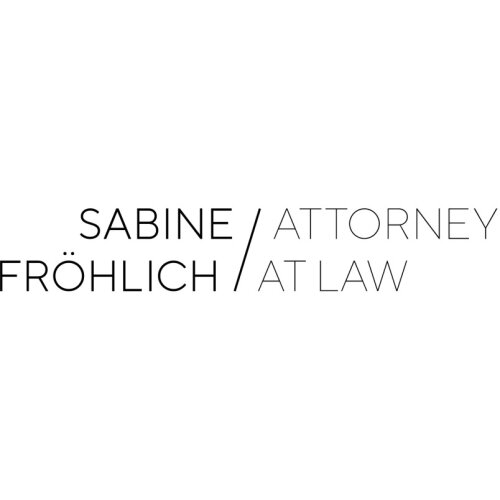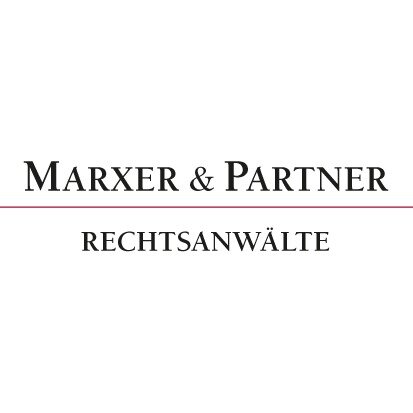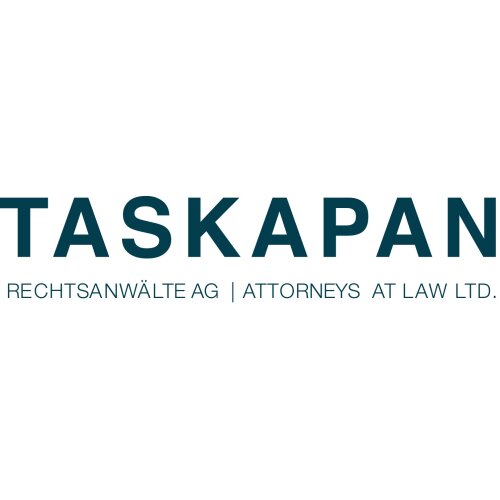Best Energy, Environment & ESG Lawyers in Vaduz
Share your needs with us, get contacted by law firms.
Free. Takes 2 min.
List of the best lawyers in Vaduz, Liechtenstein
About Energy, Environment & ESG Law in Vaduz, Liechtenstein
Energy, Environment, and Environmental, Social, and Governance (ESG) law is an evolving legal field in Vaduz, Liechtenstein. As the capital city of Liechtenstein, Vaduz is both a political and business hub where national regulations and international commitments intersect. In recent years, Liechtenstein has focused significantly on sustainability, efficient energy use, and environmental protection while promoting responsible business conduct that aligns with ESG principles. The country’s membership in the European Economic Area (EEA) further means that European Union (EU) directives, especially those related to energy and the environment, have direct impact on the legal landscape in Vaduz.
Why You May Need a Lawyer
Navigating the complexities of Energy, Environment, and ESG law requires specialized legal expertise. People and businesses in Vaduz may seek legal assistance for various reasons, including:
- Understanding compliance requirements for renewable energy projects or traditional energy operations.
- Addressing environmental liabilities, permits, or breaches of environmental norms.
- Ensuring corporate ESG policies meet local and international standards.
- Resolving property or zoning disputes related to environmental or energy use.
- Participating in emissions trading or carbon credit schemes.
- Facing investigations or enforcement actions by regulatory agencies.
- Handling mergers, acquisitions, or investments that require environmental due diligence.
In many of these situations, an experienced lawyer can help you interpret and apply the law, negotiate with authorities, and represent you in proceedings when necessary.
Local Laws Overview
The legal framework for Energy, Environment, and ESG in Vaduz is influenced by Liechtenstein’s own national legislation as well as EEA and EU regulations. Key aspects include:
- Energy Law: Liechtenstein promotes sustainable energy, efficient energy use, and diversification. Renewable Energy Acts and Energy Efficiency Laws are in place, in alignment with EU directives on renewables and emissions reductions.
- Environmental Law: The Environmental Protection Act covers issues such as air and water quality, waste management, chemical safety, and the preservation of natural resources. Impact assessments are required for construction and development projects with potential environmental effects.
- ESG Regulation: Especially for financial institutions and publicly traded companies, there are increasing obligations for reporting and demonstrating responsible governance, social responsibility, and environmental stewardship. Institutions increasingly need to produce sustainability reports and integrate ESG criteria into their operations.
- Climate Commitments: Liechtenstein is a party to international agreements such as the Paris Climate Agreement and participates in the EU Emissions Trading System through EEA channels.
- Permits and Compliance: All significant energy or environmental projects require permits from national authorities, and failure to comply can result in penalties, remediation demands, or civil liability.
Frequently Asked Questions
What is ESG and why is it important in Vaduz?
ESG stands for Environmental, Social, and Governance. It is a set of standards for measuring a company’s impact on society and the environment, as well as how it is governed. In Vaduz, there is increasing emphasis on ESG due to international standards and investor expectations.
Do EU environmental rules apply in Vaduz?
Yes. As part of the EEA, Liechtenstein (and therefore Vaduz) implements many EU energy and environmental directives and regulations, which influence local legal obligations.
What permits are needed for a renewable energy project?
Typically, you will need an environmental impact assessment, construction and operational permits, and sometimes additional approvals depending on the type and scale of the project. Legal counsel can advise on specific requirements.
How can a business ensure ESG compliance?
Businesses should review and update their internal policies, conduct regular risk assessments, provide staff training, ensure transparent ESG reporting, and stay informed about national and international regulations.
What are the penalties for violating environmental regulations?
Penalties may include fines, remediation orders, operational suspensions, or even criminal charges for severe violations.
Can residents object to construction projects on environmental grounds?
Yes. Residents and stakeholders can participate in public consultation procedures and object to projects that may harm the environment. Legal support can help formulate and submit effective objections.
What is the process for reporting an environmental violation?
You can report suspected violations to local environmental authorities. An attorney can assist in preparing a formal complaint and following up on its progress.
Are there incentives for businesses to adopt green practices?
Yes. Liechtenstein provides various incentives, such as tax benefits, grants, and technical assistance for sustainable energy projects and environmentally friendly practices.
How does the government monitor compliance?
Regulatory agencies conduct periodic inspections, require mandatory reporting, and may use external audits to verify compliance with energy and environmental laws.
Is ESG reporting mandatory for all companies?
Currently, ESG reporting is mandatory for certain sectors, particularly in finance and for large companies, but requirements are expected to expand in the future.
Additional Resources
If you require more information or wish to seek guidance on Energy, Environment, and ESG matters in Vaduz, the following resources and organizations may be helpful:
- Liechtenstein Office of Environment (Amt für Umwelt): The main authority for environmental protection and permitting.
- Liechtenstein Energy Agency (Energiekommission): Advisory body on energy laws, efficiency, and renewables.
- Financial Market Authority (FMA) Liechtenstein: Supervises ESG and sustainability disclosures, particularly in finance.
- Chamber of Commerce and Industry: Provides training and updates on legal compliance for local businesses.
Next Steps
If you believe you need legal assistance in the area of Energy, Environment, or ESG in Vaduz, Liechtenstein, consider the following steps:
- Gather all relevant information and documentation related to your issue.
- Identify whether your situation involves regulatory compliance, business operations, disputes, or environmental impact.
- Contact a qualified lawyer or law firm specializing in energy, environmental, or corporate governance law.
- Prepare a list of questions and objectives to discuss during your initial consultation.
- Stay informed about ongoing legal developments by following updates from local authorities and professional organizations.
Taking early action and seeking professional advice can help ensure that you effectively address legal obligations and protect your rights or interests regarding Energy, Environment, and ESG matters in Vaduz.
Lawzana helps you find the best lawyers and law firms in Vaduz through a curated and pre-screened list of qualified legal professionals. Our platform offers rankings and detailed profiles of attorneys and law firms, allowing you to compare based on practice areas, including Energy, Environment & ESG, experience, and client feedback.
Each profile includes a description of the firm's areas of practice, client reviews, team members and partners, year of establishment, spoken languages, office locations, contact information, social media presence, and any published articles or resources. Most firms on our platform speak English and are experienced in both local and international legal matters.
Get a quote from top-rated law firms in Vaduz, Liechtenstein — quickly, securely, and without unnecessary hassle.
Disclaimer:
The information provided on this page is for general informational purposes only and does not constitute legal advice. While we strive to ensure the accuracy and relevance of the content, legal information may change over time, and interpretations of the law can vary. You should always consult with a qualified legal professional for advice specific to your situation.
We disclaim all liability for actions taken or not taken based on the content of this page. If you believe any information is incorrect or outdated, please contact us, and we will review and update it where appropriate.
Browse energy, environment & esg law firms by service in Vaduz, Liechtenstein
Vaduz, Liechtenstein Attorneys in related practice areas.















